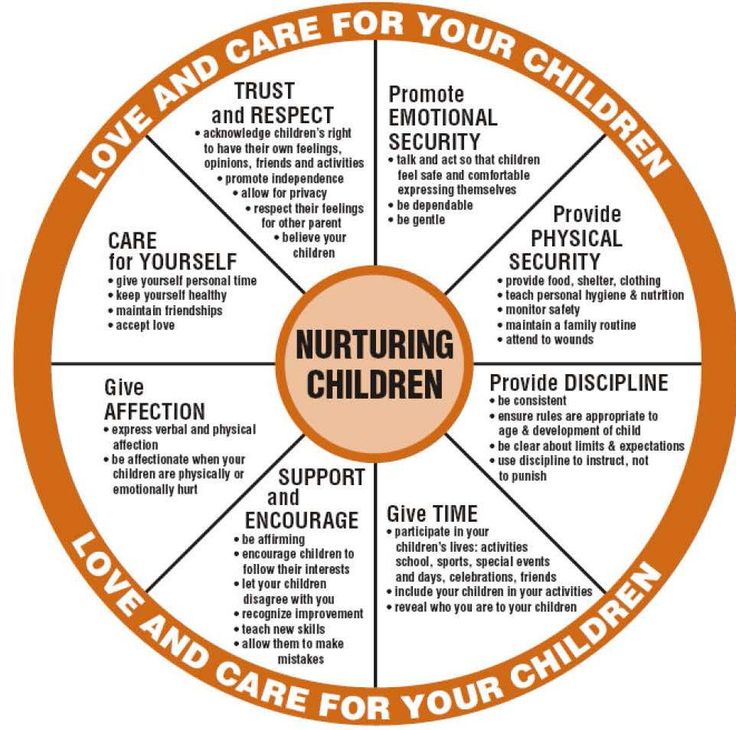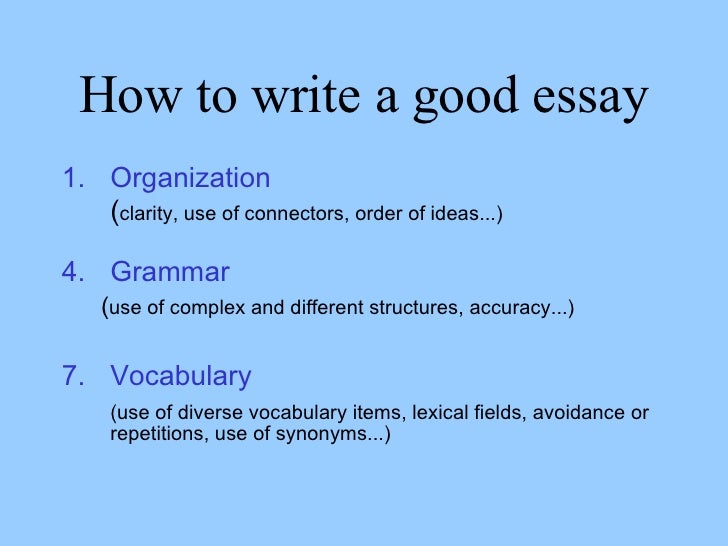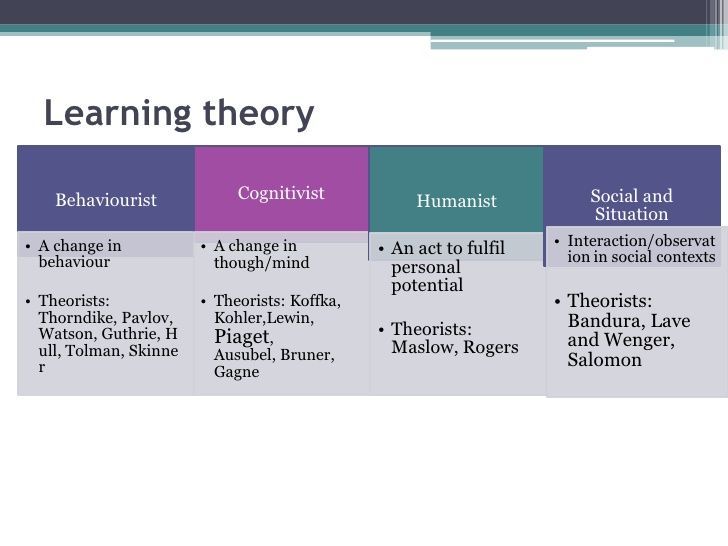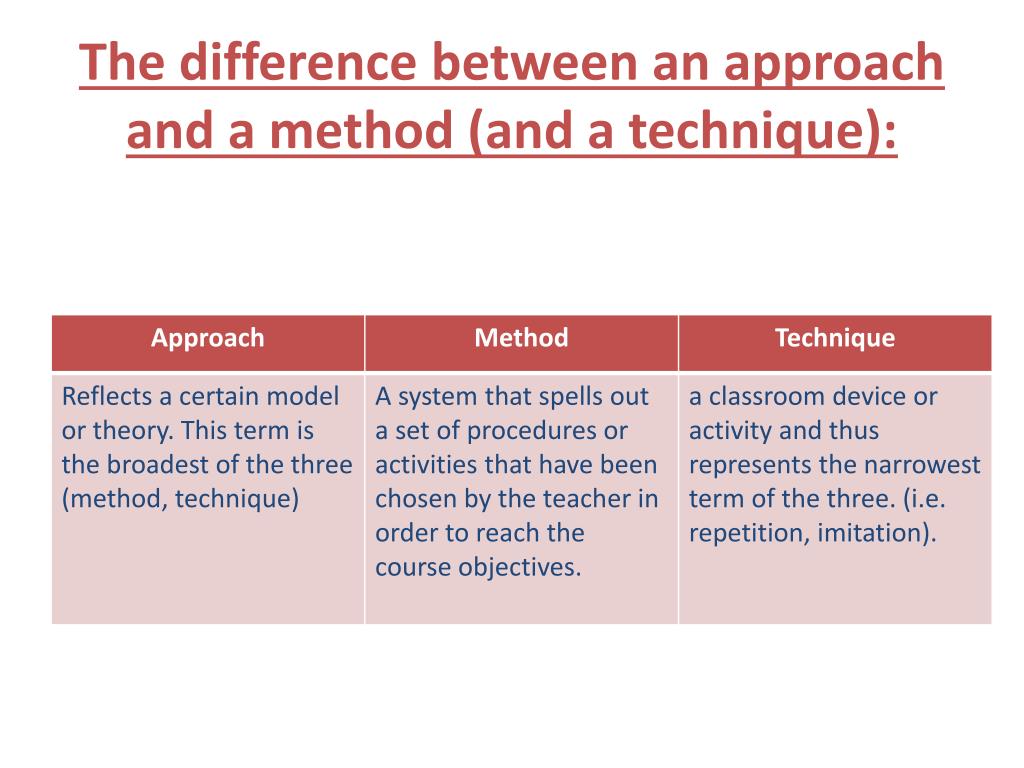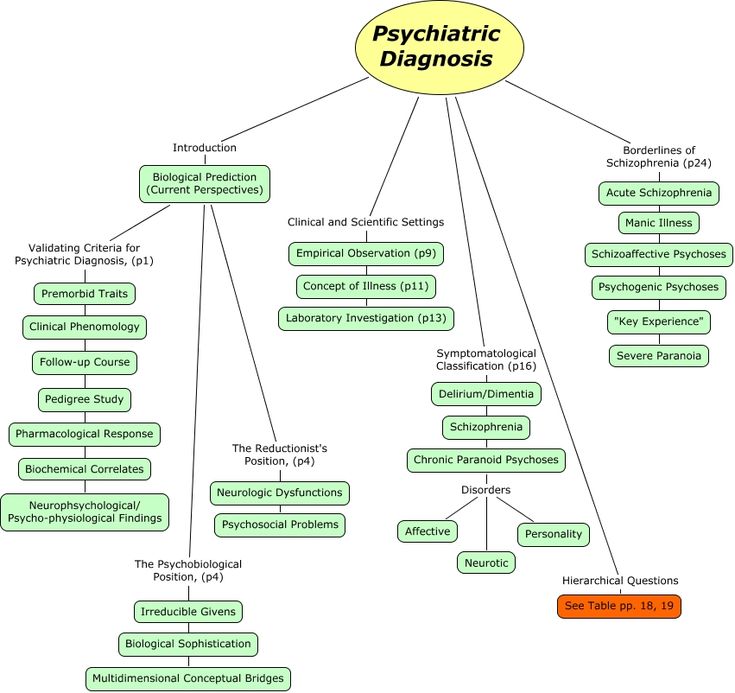How to avoid arguments in relationships
How to avoid arguments in a relationship
We all know the couple who bickers over dinner, bringing up old incidents or accusing their partner of “always” being a certain way. Some of us know the couple who yells over each other until they’re loud enough to wake the neighbors – but what if that couple is you?
If you find yourself constantly bickering about the same topics or having loud fights and saying things you don’t mean, you may be stuck in harmful patterns of communication. You need to learn how to avoid arguments in a relationship and turn them into productive conversations instead.
Want to stop arguing with your loved one?
Achieve peace and camaraderie
What causes most relationship arguments?
The causes of relationship arguments vary widely depending on the couple – and sometimes it can seem like there is no cause at all. According to one study, the most common causes of arguments included one partner not showing enough love or affection; a partner not feeling appreciated; jealousy or possessiveness; frequency of sex; and housekeeping and chores. Not surprisingly, relationship stressors like money also made the list, as well as “big” arguments like future goals, career plans and whether a couple wants children.
To discover how to avoid arguments in a relationship, we must dig deeper. Two things are ultimately behind all of the issues listed above: communication and fulfillment of needs. Every partner brings certain needs and expectations to a relationship. When their needs are not fulfilled or when their expectations aren’t met because they haven’t communicated effectively, conflict occurs.
Is it normal to argue in a relationship everyday?
Every couple and relationship is different, so it’s impossible to say how common or “normal” it is to argue every day. Some couples may argue frequently while others seem to hardly argue at all. The better question is whether it is healthy to argue in a relationship every day. And the answer is no: Constant arguing in a relationship may be normal, but it isn’t healthy.
If you know how to resolve conflict, some arguing in a relationship is healthy. It can help you learn more about your partner and make important decisions. But if your arguments are constant, or if they are more infrequent but often escalate into yelling, door-slamming and anger, it’s a sign you need to learn how to handle arguments in a relationship.
How to avoid arguments in a relationship
Relationship arguments are normal, but arguing is not necessarily communicating. There is a difference between an argument and a productive conversation. Only when you’re able to have productive conversations will you actually resolve your relationship issues.
1. Recognize your patterns
Recognizing harmful patterns is the first step to breaking free of them. Some of the most common patterns that lead to relationship arguments are:
Reliving the past.You can’t change the past, so why keep bringing it up? If you can’t let go of the past, you’re preventing yourself from moving forward.
Every relationship has conflict – the lasting ones figure out how to resolve it. Avoiding confrontation leads to bigger arguments down the line.
Competing to be heard.The most important part of communication is listening. If you end up yelling and feeling like you need to “win” the argument, your relationship has already lost.
Not being present.A conversation can devolve into an argument if one partner feels like they’re not being heard. You are your partner’s number one fan, and making an effort to actively demonstrate that you are is one of the best ways to avoid arguments with your partner.
2. Rephrase your thoughts
One of the easiest ways to avoid relationship arguments is to stop accusing your partner of being the problem. When you throw out accusations, it automatically puts your partner on the defensive – and people on the defensive say and do things they don’t mean and that are not productive.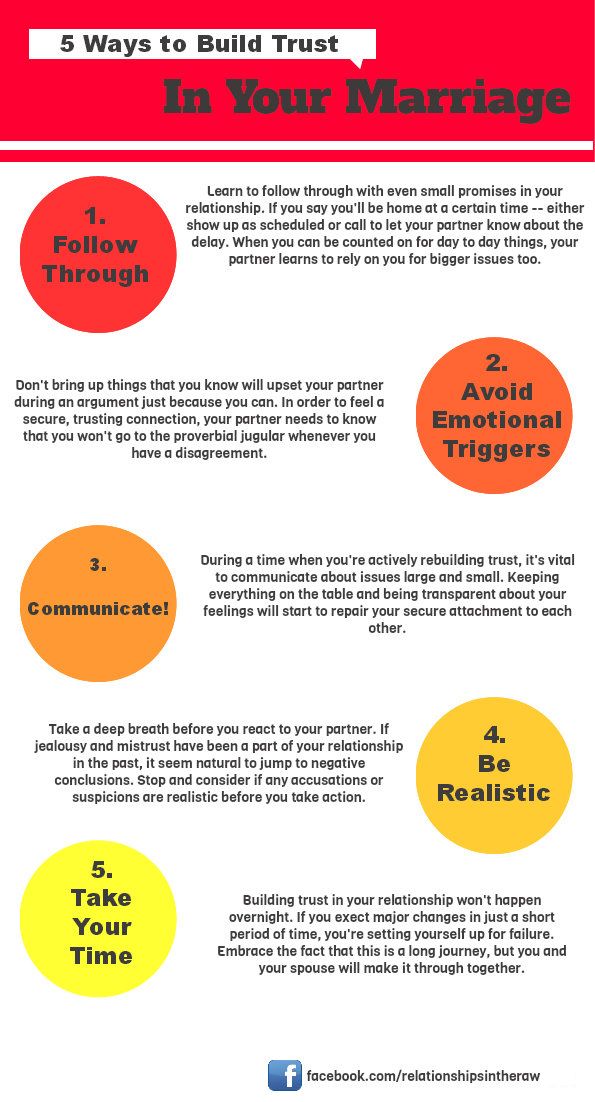 Making the conversation about your own feelings rather than your partner’s actions is a more compassionate way to communicate.
Making the conversation about your own feelings rather than your partner’s actions is a more compassionate way to communicate.
This means using “I statements” rather than “you statements.” “I statements” start with “I feel” and express nonjudgmental emotions. They open up the conversation to your partner to talk about their own feelings, and how you can come to an agreement.
Another reason “I statements” are useful is that they get to the core of the problem. To avoid arguments in relationships, you need to stop rehashing the same small fights and think about the bigger issue. Rather than getting stuck on a single event, like “You never do the dishes,” using an “I statement” forces you to think about why it upsets you. It tells your partner what the real problem is: “I feel unappreciated” or “I feel our relationship is unequal” are statements about bigger issues. This allows the conflict to become an opportunity to reach an understanding and creates a new level of trust and intimacy.
3. Watch your tone
The saying “it’s not what you say, but how you say it” has become so commonly used, it’s almost a cliché. But that’s because it’s true. One expert found that 38% of a message is conveyed through vocal elements other than your words – so if you’re wondering how to avoid arguments in a relationship, look at your tone first. Using the right tone opens up a conversation because your partner won’t feel judged. Using the wrong tone shuts down the conversation and turns it into an argument.
Your tone can put your partner on the defensive just as much as your actual words. When you make your “I statement” or start a discussion with your partner, make sure you do so without yelling, sarcasm or exasperation. Talk at a normal pitch and a steady pace. Don’t slow down too much, but make sure you pause between thoughts so your partner has a chance to process. Starting a conversation on neutral ground goes a long way to avoiding relationship arguments.
4.
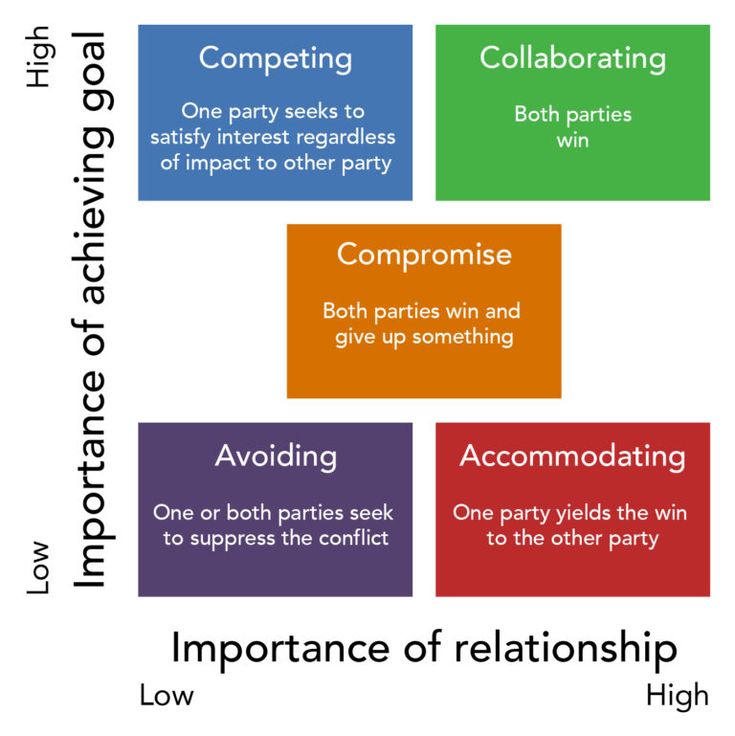 Listen
ListenListening makes up about 45% of the time we spend communicating – but sometimes we aren’t very good at it, especially with our partners. When you come home after a long day at work, you’ve probably already spent a huge amount of time listening. Or perhaps you’ve spent all day thinking of important things to tell your partner – and you don’t leave room to hear what they have to say. Use the power of deep listening and you’ll learn how to avoid arguments in a relationship:
Avoid distractions.Turn off the TV or podcast, step away from your phone and focus on your partner.
Use your body language.Show that you’re listening by facing your partner, making eye contact and encouraging them to talk by nodding or using verbal prompts.
Summarize the conversation.We often spend our time “listening” preparing a response for the speaker. This is not true listening. Rather than responding with your own feelings or with a solution, offer a summary of what your partner said that reads deeper between the lines. “It sounds like you’re unhappy with” or “What I’m hearing is” are good summary starters.
“It sounds like you’re unhappy with” or “What I’m hearing is” are good summary starters.
Don’t assume you know where the story or thought is going, and don’t offer up your own experiences to show understanding. Instead, ask questions. They show that you’re interested and want to help, rather than making the conversation about you.
5. Defuse the situation
Despite all your best efforts, from time to time you’ll still need to know how to handle arguments in a relationship. We are all human, after all. You now have the tools to recognize when communication is breaking down – and you can still take steps to defuse the argument. If you notice you’re getting defensive, making the same points repeatedly or bringing up the past, stop. Take a breath and start again with an “I statement.” You can even say, “OK, let’s start over” and begin again or ask your partner to begin again.
Using humor can work to defuse a situation before it turns into an argument. This works especially well with small arguments that you seem to have over and over – the classic putting-down-the-toilet-seat argument, for example. Rather than getting caught up in bickering that doesn’t lead to a solution, laugh about it and move on. Your relationship is more important than having that argument.
This works especially well with small arguments that you seem to have over and over – the classic putting-down-the-toilet-seat argument, for example. Rather than getting caught up in bickering that doesn’t lead to a solution, laugh about it and move on. Your relationship is more important than having that argument.
Whether you’re looking for ways to avoid constant arguing in a relationship or defuse occasional flareups, these strategies work. Good communication is a building block of any successful relationship. If you do the work, you’ll reap the rewards of intimacy, passion and unconditional love. It isn’t always easy, but it’s worth it.
Want to avoid useless arguments?
Stop having unwanted arguments with your loved one by utilizing strategies from Tony Robbins’ Ultimate Relationship Guide.
Learn more
This website uses cookies to personalize your experience and target advertising.. By continuing to use our website, you accept the terms of our updated policies
How to Stop Fighting in a Relationship
It’s the battle of the century—you and your partner are locked in an endless back and forth. Between all the back and forth, you can’t recall what started this particular fight. All you know is that you’re not about to lose it, not this time. You throw out another insult and remind your partner how they forgot to take the trash out last week. Your move, you think.
Between all the back and forth, you can’t recall what started this particular fight. All you know is that you’re not about to lose it, not this time. You throw out another insult and remind your partner how they forgot to take the trash out last week. Your move, you think.
While satisfying in the moment, arguments can crack the foundations of your relationship. If you’re fighting with your partner more and more often, it’s important to question why. Sure, all couples bicker now and then, but you don’t want to make this an everyday habit.
"Intimate relationships are always challenging simply because of their closeness and intensity," couples counselor Geoff Lamb tells Brides. "Things that we tolerate in friends and work colleagues seem to get to us when our partner does them. Challenges can often turn into fights, but they don’t have to. Fights are about winning and losing, but most couples’ experience is that even when you win, you lose."
Meet the Expert
Geoff Lamb is a psychotherapist, couples counselor, and author.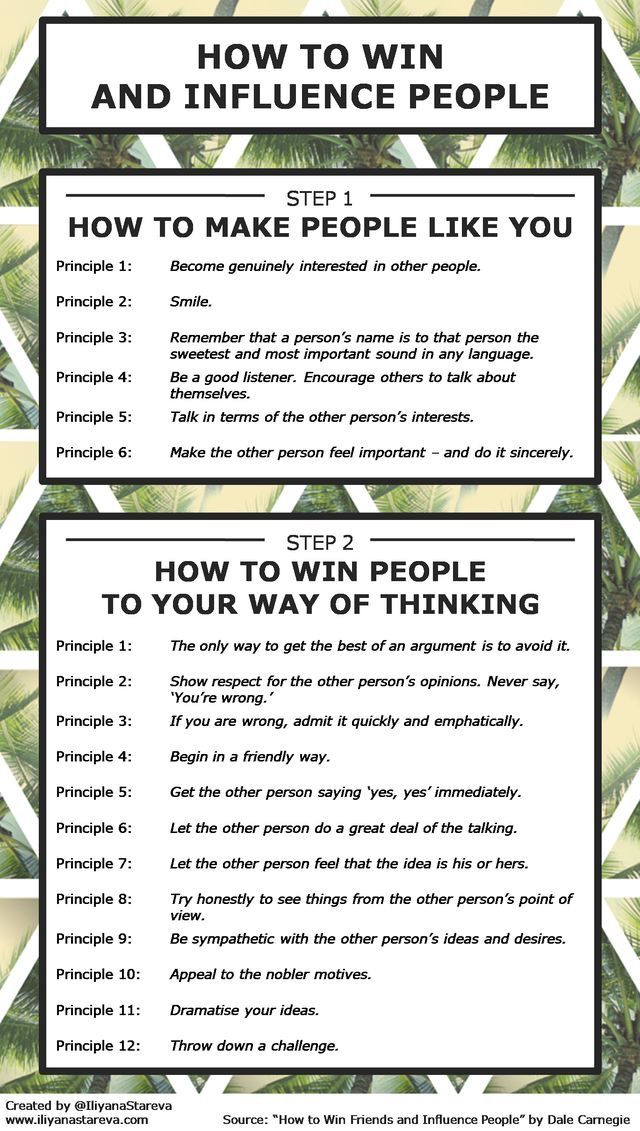
Why Do Couples Fight?
If you’re constantly at each other's throats, even the most minor thing could spark a fight. The truth of the matter is that there are loads of niggling subjects that divide couples.
"In my practice, I’ve heard so many arguments about the right way to operate a dishwasher that I wonder whether it wouldn’t be better to do the washing up by hand," says Lamb. "There are topics, [that are] essential to talk about when you’re in a relationship and living together, which can very easily turn into fights. These are sex, money, housework, living arrangements, children, friends, in-laws, work, time spent together, time spent apart, and commitments."
Lamb continues, "Talking about all of these can certainly turn into fights. It’s useful to note that one reason why [these topics] do is that they are important to us in our relationships. This means that we do need to talk about them with our partners, but perhaps we can find a constructive way of doing this.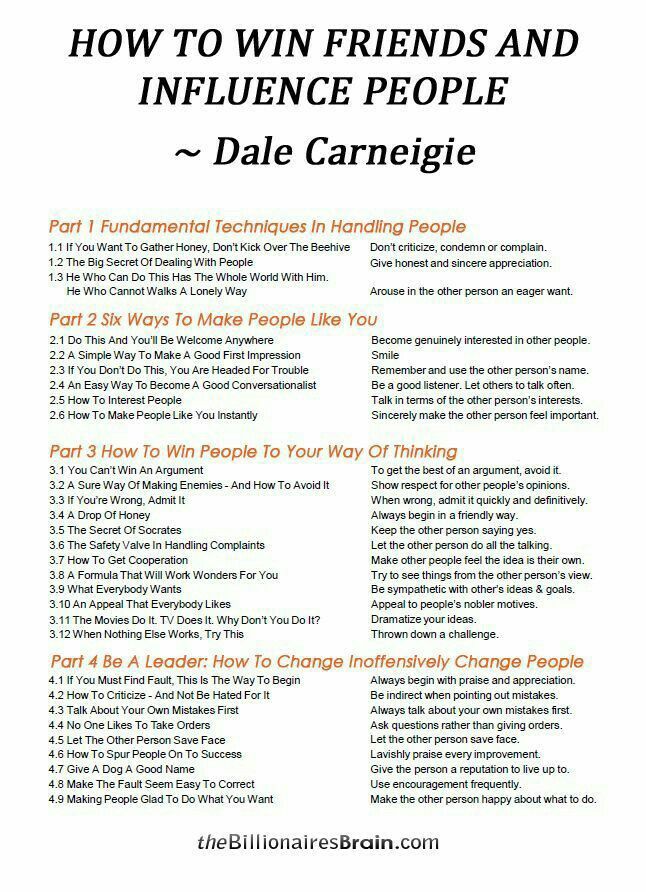 "
"
10 Tips to Help You Stop Arguing
Want a more harmonious relationship? While you may not be able to curb arguing completely, there are some approaches you can use to turn down the heat. Let’s take a look at 10 tips you can put into practice before you next bicker.
Adopt a positive outlook.
It’s not all doom and gloom. "Arguing indicates that something isn’t right in your relationship," says Lamb. "That 'something' is important to you and so is your partner. The majority of us rarely have fights with people who aren’t important to us. Recognize these positives." Once you know what the problem is, you can look to solve it.
Quit needing to be right.
This is a difficult habit to break, but you should at least try. "Most fights are about proving to our partner that they’re wrong, unjustified, or unreasonable for not doing what we want them to do. Instead of getting into a fight about this, why not try asking for what you want because it’s important to you?" suggests Lamb.
Take a moment to chill.
"Difficult subjects are challenging because they generate a lot of emotion," says Lamb. "When you feel a strong emotion coming up, especially anger, find some space by yourself to think about things. Anger usually arises when we have a need that’s not being met, we don’t feel listened to, taken seriously, accepted, or understood. When you go back to your partner, focus on what you need."
Stay on point.
"It’s tempting to treat a relationship like a court of law. We want to build a case against our partner, and to do that we sometimes gather 'evidence' from past experiences to support our case," says Lamb. "This makes the whole thing much bigger than it needs to be. They either have to admit that they’re wrong, they’ve always been wrong and can never be right, or they have to fight you.”
Rather than dragging up the past, stay in the present moment and stick to the topic at hand. "Focus on the issue that’s bothering you currently and find a way of asking for what you need, without making them feel bad if they don’t give it to you. "
"
Talk about your feelings.
When you’re in the midst of an argument, you may fall into the trap of blaming your partner for everything. Instead of focusing on what you think they’ve done wrong, focus on your emotions. "The important thing is to convey how you’re feeling rather than accusing your partner," adds Lamb.
Breathe before saying something mean.
Your words don’t always need to shoot to kill. "Taking a breath gives you an opportunity to think about why you want to say the mean thing," explains Lamb. "Usually, we say mean things because we feel hurt ourselves and want to hurt back. Saying something like, 'I’m feeling so hurt, I want to say something undermining.' We’ve been hurt and we want the other person to be hurt so they understand how that feels. Using the kind of wording I’ve described can achieve that without starting a fight."
Remember the good times.
If you’re mad, you might have forgotten how much your partner means to you.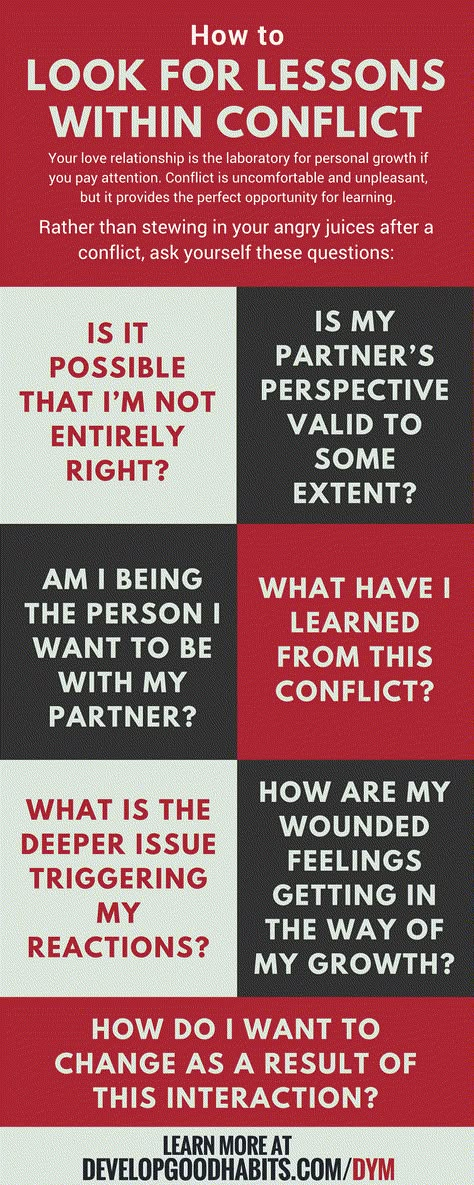 "Build up a reservoir of good feeling in the relationship including why you love each other," says Lamb. "Other things [that] can go into this reservoir are the good times you have together, moments of intense closeness, and unsolicited acts of kindness. Draw on it when things get tough."
"Build up a reservoir of good feeling in the relationship including why you love each other," says Lamb. "Other things [that] can go into this reservoir are the good times you have together, moments of intense closeness, and unsolicited acts of kindness. Draw on it when things get tough."
Show that you understand your partner.
There are two sides to every story. Take a look at things from your partner’s perspective. "Convey your understanding of your partner through your actions—thinking what they might want us to do and doing it," suggests Lamb. "The danger here is second-guessing our partner, which is liable to prolong a fight."
Listen to what they have to say.
Stop thinking about what you have to say and take a moment to listen. "A good alternative to second guessing is to ask questions and listen to the answers," says Lamb. "When we’re listening, most of us focus on what we’re going to say next rather than on what’s being said. In a difficult conversation, we also tend to focus on whether what’s being said is true. We’re not really listening to our partner with the aim of understanding them. Listen to your partner’s experience as just that—their experience—without worrying about whether it’s objectively true or valid."
We’re not really listening to our partner with the aim of understanding them. Listen to your partner’s experience as just that—their experience—without worrying about whether it’s objectively true or valid."
Consider couples therapy.
Of course, if you just can’t quit fighting, you might need expert help. "Whilst I hope some of the above tips will be helpful, putting them into practice isn’t easy when your relationship is entangled in winning and losing fights," says Lamb. "Couple therapists can help you to experience a different outcome. They are trained and experienced in talking about all aspects of relationships. They will want to support both partners equally in making [the couple's] relationship the best it can be."
Does Marriage Counseling Really Work?
How to avoid a quarrel in a relationship? By using these 7 secrets!
Modern couples do not know how to argue competently at all. Most young people prefer to think and exacerbate the situation, rather than ask the question that torments them. Many get to the bottom of the details so that everyday misunderstanding turns into a bloody vendetta. And not simple, but with loud smashing of dishes and threats to file for divorce. How to avoid conflict in a relationship? We will share simple secrets that will help keep feelings, skillfully maneuvering between sharp corners. nine0003
Many get to the bottom of the details so that everyday misunderstanding turns into a bloody vendetta. And not simple, but with loud smashing of dishes and threats to file for divorce. How to avoid conflict in a relationship? We will share simple secrets that will help keep feelings, skillfully maneuvering between sharp corners. nine0003
1. Stop accumulating resentment by ignoring negativity
The main mistake of young people lies in their unwillingness to understand the situation. They are driven by the fear of breaking the fragile harmony of feelings. But by hushing up disagreement or irritation, they do not help their future. On the contrary, in this way they accumulate negative feelings that risk exploding at the most inopportune moment. That's when the quarrel will come out even more epic and more painful, with a recollection of all the jambs of five years ago. Why torture each other like that? Isn't it easier to clarify minor misunderstandings right away by discussing your concerns with your partner, looking for compromises.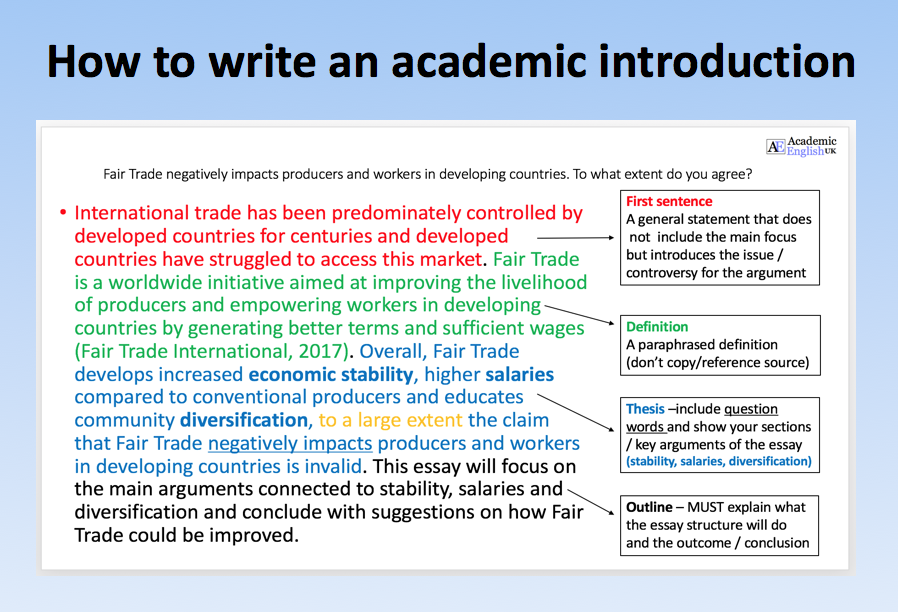 Preventive argument is better than chronic wound healing, so it's not always worth trying to avoid a fight. nine0003
Preventive argument is better than chronic wound healing, so it's not always worth trying to avoid a fight. nine0003
2. Stop thinking for your partner
With whom else to discuss your fears, if not with your soul mate? The basic mistake of the young is that they are embarrassed to share their thoughts and feelings. Because they are afraid to appear weak, to look stupid. Alas, in conditions of lack of information, the brain is taken to come up with motives and make assumptions. This leads to erroneous inferences because we interpret the partner's behavior incorrectly. Well, how do you know what the other person thinks, how he sees the problem himself? Do not make the classic mistake, do not escalate, do not bring the situation to the point of absurdity. The best thing to do is ask directly about what is bothering you and put an end to all worries. nine0003
3. Eliminate the word “should” from your vocabulary
Of course, living together implies responsibility for each other. Both spouses have obligations that make them the main helpers and accomplices in trouble. On the other hand, it is foolish to consider these duties as "shoulds". This view of marriage is somewhat destructive. Because it explains love from a position of coercion, control and limitation. The partner does not owe anything, he is there because he wants it. If you want to avoid a quarrel, it is better to replace the phrase "should" with something more appropriate. For example, not “you have to help me and make a living”, but “it’s great when you take care of me, I can’t do it without your help!” nine0003
Both spouses have obligations that make them the main helpers and accomplices in trouble. On the other hand, it is foolish to consider these duties as "shoulds". This view of marriage is somewhat destructive. Because it explains love from a position of coercion, control and limitation. The partner does not owe anything, he is there because he wants it. If you want to avoid a quarrel, it is better to replace the phrase "should" with something more appropriate. For example, not “you have to help me and make a living”, but “it’s great when you take care of me, I can’t do it without your help!” nine0003
4. Use the power of humor
Paradoxically, the main motive of a quarrel is to avoid conflict and put everything back in its place. Nobody wants to quarrel. But the mechanism of resentment is already running, and the conflict is gaining momentum, regardless of us. This situation is easy to resolve if you remember a good joke on the topic of the dispute in time. So you can defuse the situation, remove too serious faces. Well, is an unsuccessfully bought carrot worse than the tsunami that you survived a couple of years ago? And in general, nothing prevents you from complimenting your wife's sexuality when she is angry. It is better to redirect passion to a horizontal plane than to continue an unnecessary war for anyone. nine0003
Well, is an unsuccessfully bought carrot worse than the tsunami that you survived a couple of years ago? And in general, nothing prevents you from complimenting your wife's sexuality when she is angry. It is better to redirect passion to a horizontal plane than to continue an unnecessary war for anyone. nine0003
5. Break the guilt-accusation chain
Any conflict in a couple begins with someone pouring out aggression. Then he feels guilty, his conscience begins to gnaw at him. And in order to defend himself, he attacks again, blaming his partner for his condition. So the circle of "guilt-accusation" closes, fueling the conflict to unprecedented proportions. To avoid this cyclical quarrel, you need to act outside the box. Or stop attacking your partner and still take the blame. Or forgive yourself for the outburst of anger and try to find compromises. nine0003
6. Postpone the conflict until tomorrow
This advice seems out of the ordinary, but it works! The fact is that most quarrels happen in the evening. After both spouses shake their nerves at work, they will come home tired and hungry. Their desire to find out the relationship is immediately clear. They don't want to go to bed without reconciling. But this is a bad idea. Because they are both on edge, it is difficult for them to control themselves. And they also run the risk of saying too much, mired in resentment. You can avoid this if you go to bed early, leaving the solution of the problem for tomorrow. It is quite possible that during the night both will calm down, gain strength and look at the quarrel with a clear head. It happens that in the morning the conflict generally seems petty, and the solution is found by itself. nine0003
After both spouses shake their nerves at work, they will come home tired and hungry. Their desire to find out the relationship is immediately clear. They don't want to go to bed without reconciling. But this is a bad idea. Because they are both on edge, it is difficult for them to control themselves. And they also run the risk of saying too much, mired in resentment. You can avoid this if you go to bed early, leaving the solution of the problem for tomorrow. It is quite possible that during the night both will calm down, gain strength and look at the quarrel with a clear head. It happens that in the morning the conflict generally seems petty, and the solution is found by itself. nine0003
7. Remember the magic of touch
Touch will also help you avoid quarrels. When a partner behaves like a pig or hits on the most expensive one, you don’t want to think about intimacy. But to crack on the neck or charge a slap in the face - it's always possible! But we call for the opposite. As soon as you feel that the situation is heating up, take your partner by the hand. Or hug him from the back, put your hand on his knee. What for? Proximity has a calming effect on a loved one. It sobers the mind, repaying the negative. During a quarrel, people move away, become in a closed position, turn away. And you need to do the opposite, this will help to calm down. nine0003
As soon as you feel that the situation is heating up, take your partner by the hand. Or hug him from the back, put your hand on his knee. What for? Proximity has a calming effect on a loved one. It sobers the mind, repaying the negative. During a quarrel, people move away, become in a closed position, turn away. And you need to do the opposite, this will help to calm down. nine0003
Text: Flytothesky.ru
Share this post with your friends!
What to do in order not to quarrel? 5 tips from psychotherapist Philippa Perry – The City, 03/10/2020
Bombora publishes a book by psychotherapist Philippa Perry “What a pity that my parents did not know about it (and how lucky my children are that now I know about it) » – 300 pages about building healthy relationships with your children. However, her recommendations will be useful for anyone who wants to find a common language with family, friends and other people.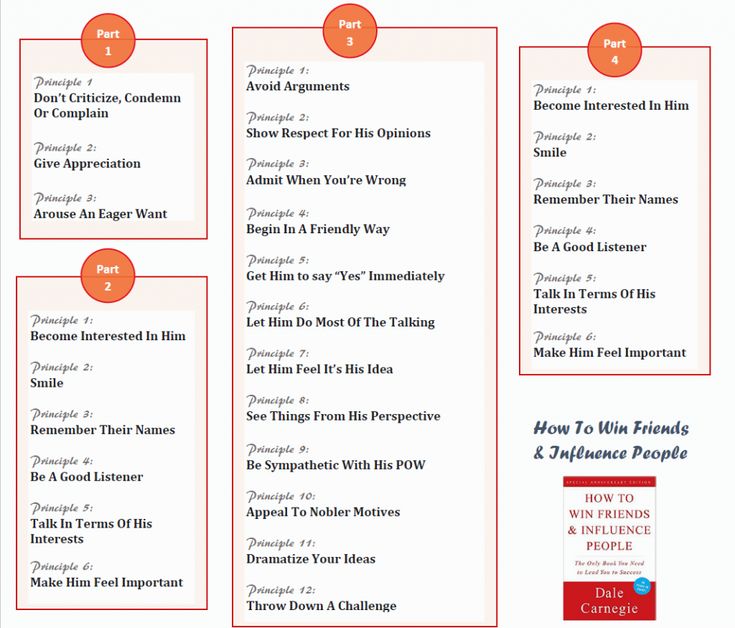 The City publishes an excerpt from the chapter "Your Child's Environment": it talks about the importance of talking about your feelings, and there is a quick reminder in case there is irritation and a quarrel is ripe. nine0003
The City publishes an excerpt from the chapter "Your Child's Environment": it talks about the importance of talking about your feelings, and there is a quick reminder in case there is irritation and a quarrel is ripe. nine0003
How to quarrel and how not to quarrel
Quarrels occur in most families. What matters is how you handle (or don't handle) conflict, and how you handle (or don't handle) disagreements. Disputes by themselves do not always destroy relationships and, accordingly, a favorable environment for the child. People who are in successful marriages and good relationships sometimes disagree and quarrel. It is a fact. But even after that, they continue to respect and appreciate each other, voicing contradictions and sharing their feelings. nine0003
Now let's talk about the main elements of disputes. Every conflict has a subject. This is what you fight about. Then there are your feelings about this conflict and the feelings of other people. And then actions follow, that is, how you solve the problem.
To resolve disagreements, it is important to understand how you feel about the subject of the conflict and communicate it. The next step is to find out what feelings the subject of the conflict causes in the other person, and take them into account. Emotions aside, both sides get more and more heated, exchanging blows in a game I call "verbal tennis." They throw more and more arguments back and forth across the net in order to hurt each other as much as possible. With this behavior, the goal of the dispute becomes to score more points, and not to find an effective solution. It is possible to learn about the discrepancy of opinions and work through them only by trying to understand and find a compromise, and not by trying to win. nine0043
Let's look at a typical family fight over washing dishes. Washing dishes is a subject of controversy, followed by how people feel about it. This is what happens when actions are limited to the exchange of facts.
SERVER: The problem is that when you leave dirty dishes in the sink, the leftover food on them dries up and doesn't clean up as well, so mine is right away.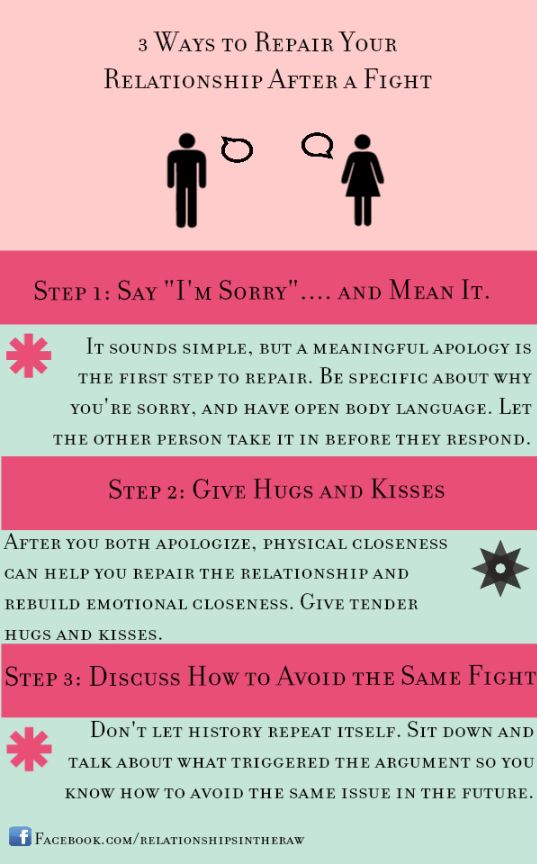 15-0
15-0
HOST: It takes me less time when I accumulate dirty dishes in a day and then wash them all together. 15-15
SERVER: Leaving unwashed dishes is unhygienic. 30-15
HOST: All bacteria will die when I wash, it doesn't matter when I do it. 30-30
SERVER: Flies flock to leftover food. 40-30
HOST: It's winter now. I don't see a single fly around the dirty dishes. Draw
And so on. When one of the partners runs out of arguments and is doomed to "lose", this does not add to him love and tenderness towards the opponent. And the "winner" feels on horseback solely due to his other half. nine0003
Another style of interaction in conflict and disagreement is what I call "Look: squirrel!", or distraction. Instead of voicing what's bothering you or your partner, you change the subject. So, when you see that the dishes are not washed, you do not indicate a problem, but say or do something else. This is not always a bad thing - it can be useful to postpone the conversation, but you can not completely avoid discussing contradictions.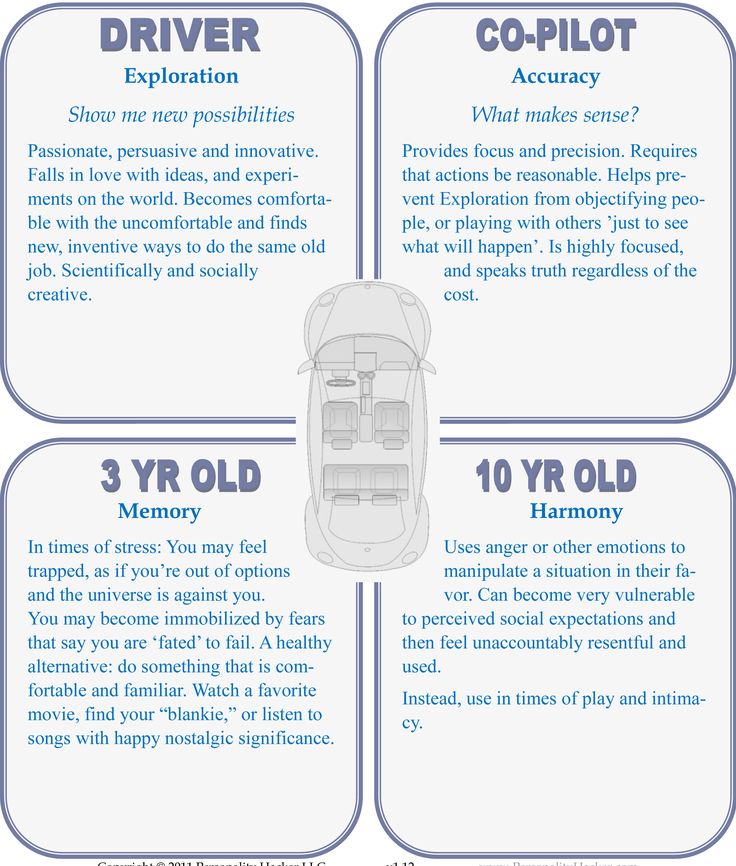 If you diligently avoid conflicts, you can lose the feeling of intimacy: dodging numerous taboos, you begin to bypass your partner, and then you feel lonely. nine0003
If you diligently avoid conflicts, you can lose the feeling of intimacy: dodging numerous taboos, you begin to bypass your partner, and then you feel lonely. nine0003
The third way to behave in an argument is to take the position of a martyr. In this case, when you come home, you say: “Don't worry about dirty dishes. I will wash." Unfortunately, in such situations, the "martyr" rarely manages to arouse remorse in others. Ultimately, he becomes offended and blames everyone around him or turns into a persecutor (see below) and pours insults.
The persecutor attacks: “You're just a pig if you don't want to wash the dishes. How can you tolerate such filth? Ugh!" The one to whom this remark is addressed is immediately ready to attack in response. nine0003
None of these four types of interaction in conflicts contributes to a good family atmosphere. Fighting puts children on alert, threatens their sense of security, reduces their ability to be open and curious about the world. Instead, they have to shift their energy and attention into emergency mode.
How then is it better to argue? When working through the contradictions that have arisen, take them apart one by one and do not forget about the true subject of discussion. You should not accumulate your bad mood and bring it down on loved ones when it is no longer possible to restrain yourself. Start with how you feel, don't attack with accusations. So, if we go back to the dirty dishes...
“I'm so sick of leaving the clean kitchen every morning and having a pile of dirty dishes waiting for me after work. If you washed the dishes after you during the day, it would be much easier for me.”
The ideal way is to think not about how to win, but how to understand the other. In response, you may hear: “I'm sorry, dear. I didn't want you to feel bad. I just have a lot of work. I understand that this is not the most pleasant picture that you want to see when you come home. And you can say: “Yes, you really got a lot. Okay, God bless him. Come on, you wash, and I wipe, what do you say? nine0003
The fundamental rule of argument is to use "I" instead of "you". For example: "I'm sorry that you don't answer me when you're on the phone," not "You ignore me when you're on the phone." No one likes to receive testimonials and ratings, especially negative ones. If instead, describe how you feel because of what the other person does or says, it will be about you, and it will become much easier to listen to.
For example: "I'm sorry that you don't answer me when you're on the phone," not "You ignore me when you're on the phone." No one likes to receive testimonials and ratings, especially negative ones. If instead, describe how you feel because of what the other person does or says, it will be about you, and it will become much easier to listen to.
Of course, no method of voicing complaints can absolutely guarantee "success", that is, to provide you with what you want to achieve. But successful interaction is not manipulation. This is a good relationship. Open expression of your feelings and desires promotes close relationships, while pulling the strings of a partner cannot achieve a strong connection. nine0003
Using the pronoun “I” instead of “you”, confessing your own emotions and trying to find out how others feel is the best way to deal with the inevitable conflicts that arise in the family. Your child will feel more secure because this behavior reduces resentment and builds rapport. Also, he is likely to adopt a respectful and emotionally correct style of arguing, seeing the right example in front of him.
Also, he is likely to adopt a respectful and emotionally correct style of arguing, seeing the right example in front of him.
One of the first and main causes of disagreement is people's belief that they are attacked on purpose, although this is not the case. Let's take a typical family as an illustration. Let's call them the Heritage family. nine0003
Johnny, a twenty-two-year-old student, examines his father's old leather jacket. He says: “Dad, you are already a hundred years old, you will never wear this again. May I take it for myself?"
Keith, a teacher, feels like an old wreck after a bad day at work and futile attempts to understand his son's generation. Johnny got sick. Keith raises his voice, "What, can't you wait until I'm dead to start rummaging through my things?"
Johnny feels like the scandal has broken out of the blue, and he feels that he is being attacked. “Damn, I was just asking! Why are you always picking on me?" nine0043 "I'm not nitpicking, I just don't want you to act like I'm already dead.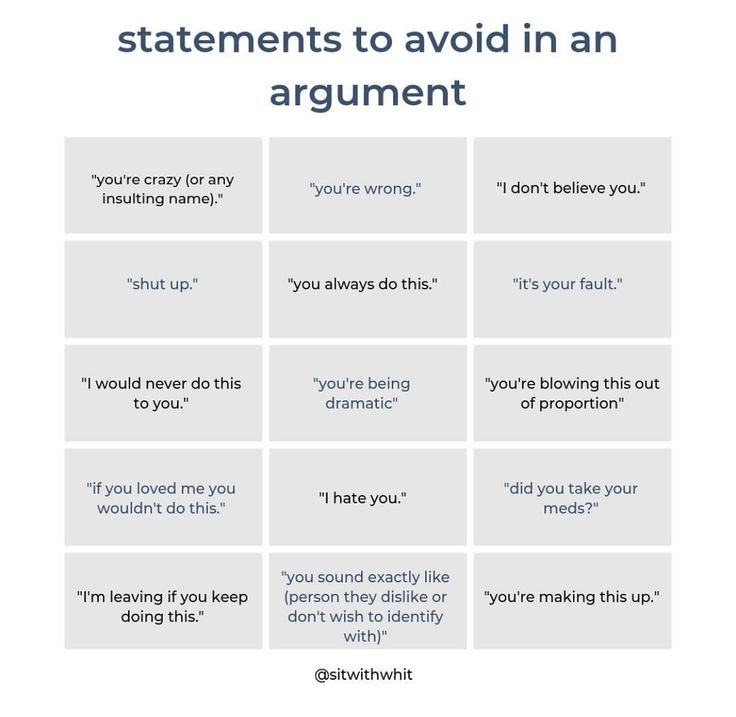 "
"
This quarrel cannot be called serious. I'm sure Keith will end up throwing his jacket at Johnny and saying, "Here, take it." And Johnny will say: “I don’t need your junk. You still have to dress you in something to put in a coffin. They will both laugh and the incident will be over. But if they don't understand what really happened, they'll both be left with a bad taste and very likely something like this will happen again. nine0003
So let's see what's really going on. Imagine that a wise intermediary intervenes.
"He wants me dead," says Keith.
“Nothing like that. I want his jacket,” Johnny says.
"It's the same thing," says Keith, realizing that it's not.
The intermediary intervenes: “No, of course, not the same thing. But to you today, Keith, that's exactly what it sounds like. Except Johnny doesn't have to know about it. You, Keith, thought you were being attacked and hit back. And since Johnny didn't understand that you were feeling attacked, he got the impression that your reaction to his words was not caused by anything on his part.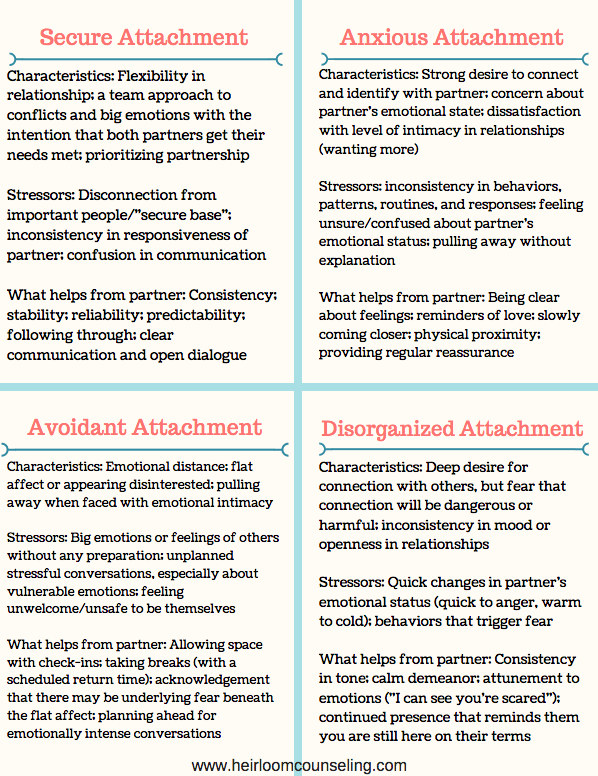 Naturally, he went on the counteroffensive. nine0043 "Yes, as far as I'm concerned, it is," Johnny says.
Naturally, he went on the counteroffensive. nine0043 "Yes, as far as I'm concerned, it is," Johnny says.
Keith is silent, so the intermediary convinces him, "Just because you feel like you're being attacked, don't jump to the conclusion that you really are."
“He said I was a hundred years old!” Kit defends.
Mediator: “Yes, he hides his feelings behind arguments. He learned this from watching your games of "verbal tennis" from birth. If you look deeper, you seem to have a hard time coming to terms with age, so you cling to the symbols of your youth like a leather jacket. It's quite forgivable, so you can confess." nine0043
A new version of the conversation could be:
“What a cool leather jacket. May I take it for myself?"
“We need to think… I understand that you really want her, but I'm not ready to part with her yet. I may never wear it again, but I need to get used to the idea of how old I already am. The things of my youth bring me comfort. "
"
"I'm sorry, I involuntarily reminded you that you are already sixty."
"Don't worry, I should remember that. I feel like an old man because I don't understand some of my students." nine0043 "For example?"
"I just thought I understood something about social networks, when I hear "swipe left". What does he want to say?
“So, let me show you…”
Exercise: Get to the bottom of it
Recall the last fight you had with your loved one. Instead of focusing on who was right and who was wrong, try to unfold what happened, as I did with the example of the clash between Johnny and Keith. Now - again, as was done in the example - look at the situation from the outside and work through the feelings of all the actors. Then take on the role of a wise mediator and think about what can be changed in the dialogue that led to disagreement and how to improve it. Below is a quick reminder of what to keep in mind when you have to talk about difficult topics, when you are annoyed or feel the inevitability of a fight:
1. Communicate your feelings and take the other person's feelings into account. This is not the same as calling yourself "right" and the other "guilty" and does not mean calling yourself "smart" and the other "stupid". Nothing destroys relationships and families like a person who insists on being right. Instead of thinking in terms of "right or wrong", it's better to think about what each of you is experiencing.
Communicate your feelings and take the other person's feelings into account. This is not the same as calling yourself "right" and the other "guilty" and does not mean calling yourself "smart" and the other "stupid". Nothing destroys relationships and families like a person who insists on being right. Instead of thinking in terms of "right or wrong", it's better to think about what each of you is experiencing.
2. Build your boundaries, not the boundaries of another. To do this, use the pronoun "I", not "you". nine0003
3. Don't react - think. You don't always have to think things through before you react - I'm not asking you to lose your spontaneity. But if you are feeling annoyed or angry, I think it's a good idea to take a break and understand why this happened. If the Keith in the situation described above had done this, he would have realized that the anger he experienced in response to the question about the jacket was not really related to his son.
4. Accept that you are vulnerable instead of being afraid of it.


